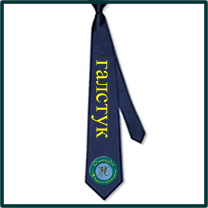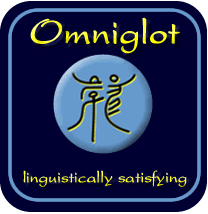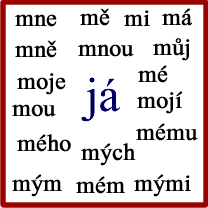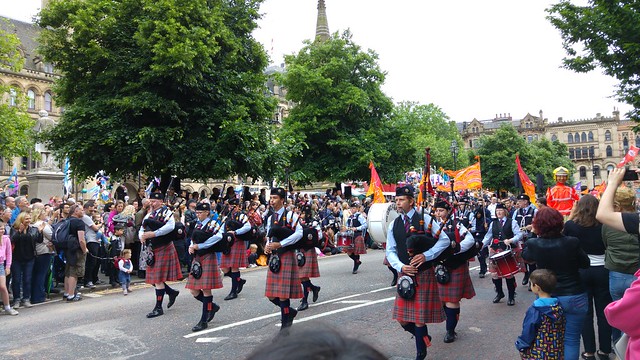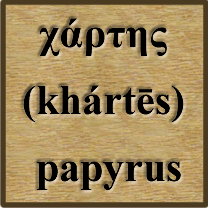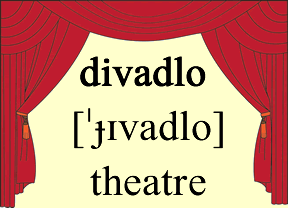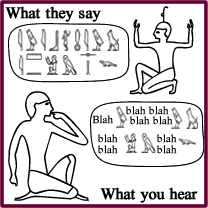
A Danish friend came to visit Bangor this week. He makes the ActualFluency podcast, and is one of the people behind such courses as Italian Uncovered.
We talked a lot about websites and marketing, particularly email marketing, which I haven’t done before, but am going to try.
As well as Danish and English, he also speaks Russian and Hungarian, and has studied other languages. He doesn’t know any Welsh though, and I was curious to find out what Welsh sounded like to him. As I speak and understand Welsh, I can’t get an outsider’s perspective on it. To him it sounded very foreign – something like “blah blah blah blah English word blah blah blah blah”.
When I listen to languages I don’t know, they may sound like that to me. Mostly mysterious sounds with occasional recognisable words. The recognisable words are borrowed from English, or from another language I know, or are the names of places or people.
When listening to languages related to ones I know, I can usually understand more, or at least recognise more words.
What do unknown languages sound like to you?
The hieroglyphs in the image mean “The cat dances when the crocodile hides” (iw ib(A) miw imn msH), and come from Hieroglyphs.net

